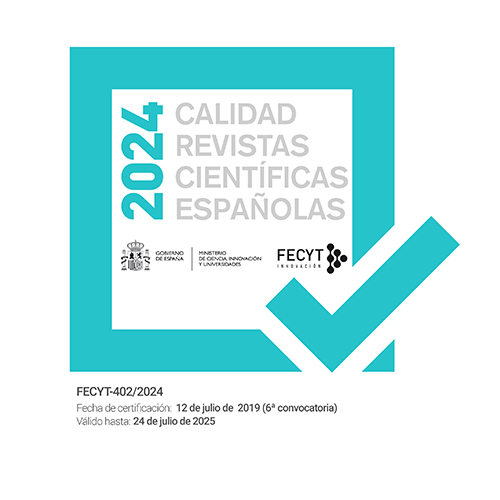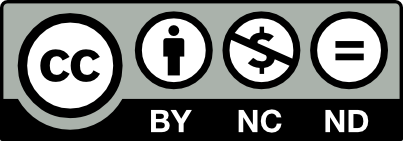Crisis y reforma del Fondo Monetario Internacional
Palabras clave:
Crisis y reforma del Fondo Monetario InternacionalResumen
Given the rapid and ongoing integration of the global economy, the International Monetary Fund needs to renew its role, governance structure, and functions if it is to maintain its relevance as the institution charged with promoting global financial stability. In last years the IMF is loosing influence because the Fund is confronted with two interlinked deficits, an effectiveness deficit and a legitimacy deficit. Several factors are at the origin of the effectiveness crises: the emergent economic countries paid in advance their loans to de Fund and they accumulates international reserves, this states are developing monetary cooperation arrangements at regional level, the Fund has a financial deficit due to decrease of the lender activity, and the development of the international capital markets is eroding the Fund effectiveness. The gaps between powers into the Fund of the different groups of member states and the institutional deficiencies of the IMF are originating the legitimacy crises. To resolve this two crisis, in September 2005 the IMF embarked on a wide-ranging program of modernization called the Medium-Term Strategy. The application of this Strategy permits the reform of the bilateral and multilateral surveillance activity of the Fund, oriented to monitoring and reporting on the health of its members’ economies, as well as the global economy as a whole. Another important element of the Strategy is governance reform and in September 2006 the Fund adopts an initial ad hoc quota increases for four countries that are clearly underrepresented. Now, the Executive Board is working on a new quota formula that better reflects the weight and role of members in the global economy. Unfortunately, the Medium-Term Strategy doesn’t envisage three basic institutional changes of the IMF’s governance: the Executive Board reform, the selection process of the Managing Director and the politic orientation of the Fund by steering committees like IFMC, G8 or G20.
Descargas
Publicado
Número
Sección
Licencia
Derechos de autor 2023 Revista Española de Derecho Internacional

Esta obra está bajo una licencia internacional Creative Commons Atribución-NoComercial-SinDerivadas 4.0.





















